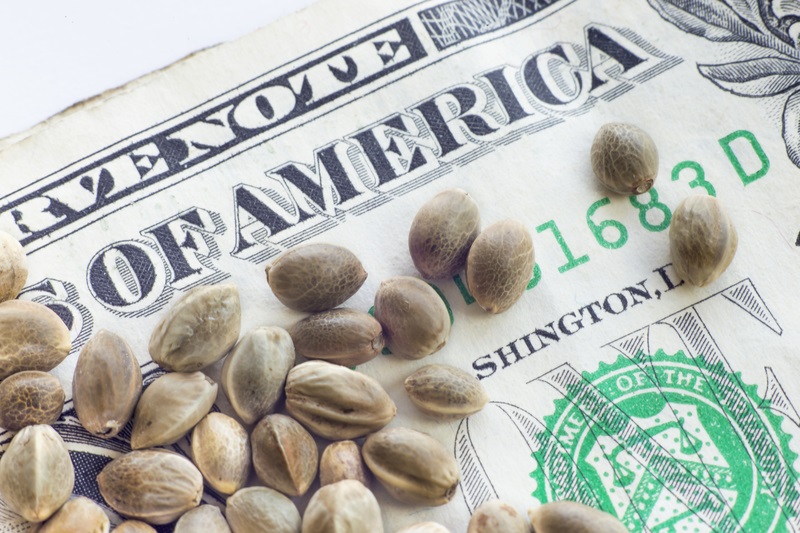Crop Insurance and Federally-Approved Lending Expands Hemp Industry

Ask and you shall receive. It appears that our previous blog post was rather timely. Either that or the USDA is reading our blog. If so, don’t forget to subscribe! Enough with the shameless plugs…
What's New
On August 27, 2019, the USDA announced that hemp is now an insurable crop under its Whole-Farm Revenue Protection (“WFRP”) program. WFRP allows coverage of all revenues for commodities produced on a farm to be insured up to a total of $8.5 million. The announcement also cites to additional hemp coverage options that may become available as the USDA implements the 2018 Farm Bill.
Hemp producers who are currently covered by the 2014 Farm Bill’s Pilot Program can immediately obtain the federal crop insurance. Anyone not covered by the 2014 Farm Bill will have to wait until a USDA-approved plan is in place. This means that aspiring hemp producers in states like New Jersey will have to sit tight until applicable federal and state regulations get ironed out pursuant to the 2018 Farm Bill. It is anticipated, however, that federal crop insurance for hemp will be available in New Jersey in time for the 2020 growing season.
There are, as always, a couple of caveats. The coverage is limited to hemp grown for fiber, flower, and seeds. Furthermore, in order to be eligible, a hemp producer must comply with all local, state, and federal regulations and have a contract for the purchase of insured hemp. Any hemp that exceeds the applicable THC compliance level (0.3% of dry weight THC) will not constitute an insurable loss. Additionally, hemp will not qualify for replant payments under the WFRP.
This is big news for hemp producers, which comes on the heels of some other big news for the hemp industry.
More News
On August 19, 2019, the National Credit Union Administration (“NCUA”) announced via twitter and in a letter that “[l]ending to a lawfully operating hemp-related business is permissible.” Again, the NCUA announcement comes with the several legal caveats of which credit unions and hemp businesses should be aware. Importantly, the NCUA underscored the need for strict compliance both at the business level and within the credit union. Nevertheless, in the span of just over a week, the federal government has opened access for hemp producers not only to the federally-subsidized insurance industry but also federally-approved lines of credit.
Conclusion
These major developments signal an important and rapid shift to the industrial hemp landscape. Hemp farmers and producers now have a modicum of financial peace of mind knowing that (1) their crops can be insured; and (2) they have easier access to funding to grow their business and produce their product. This doesn’t mean that cannabis businesses can rest on their laurels. Strict compliance with all applicable local, state, and federal laws and regulations is required in order to qualify for either federal crop insurance or federally-approved lending, which is no easy task in this ever-shifting landscape.
As always, we will continue to monitor these important events and will keep you apprised of any new developments. If you have questions about this or any cannabis-related topic, please feel free to contact us at wjbeneduce@norris-law.com or ealvarez@norris-law.com.


